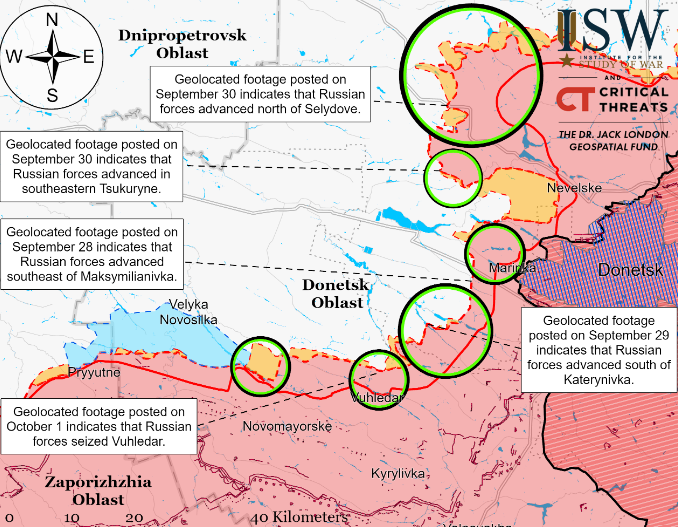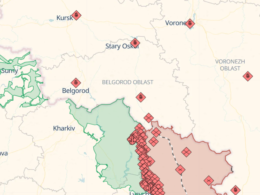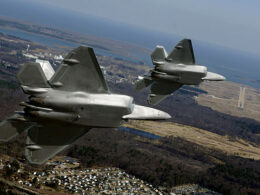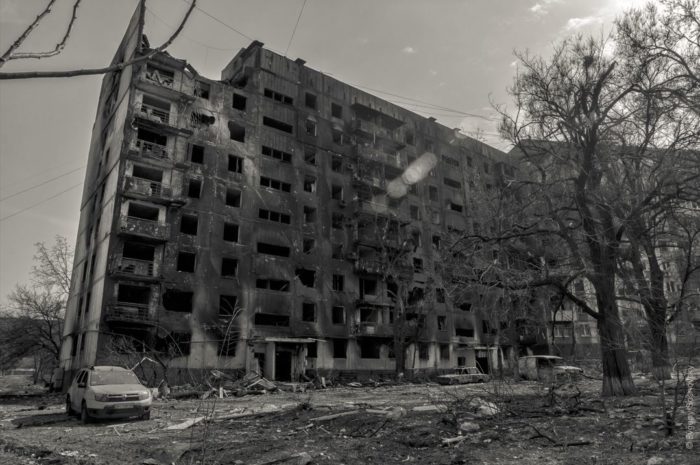The Institute for the Study of War (ISW) reported that Russian forces likely captured the settlement of Vuhledar in Donetsk Oblast as of 1 October, following a reported Ukrainian withdrawal from the area. However, the ISW said that it remains uncertain whether Russian forces will be able to quickly advance beyond Vuhledar in the near future.
According to the ISW, "Geolocated footage published on 30 September and 1 October shows Russian forces planting Russian flags and freely operating in various parts of Vuhledar." The institute also cites Russian military bloggers who claimed on 1 October that Russian forces had seized the settlement.
A Ukrainian servicemember reportedly stated that "a part of the Ukrainian force grouping conducted a planned withdrawal from Vuhledar to avoid encirclement." Russian sources suggested that while they did not completely cut off Ukrainian escape routes, they inflicted unspecified losses on withdrawing Ukrainian personnel using artillery and drones.
This capture comes after a series of costly failed Russian assaults on Vuhledar over the past two and a half years. Russia made at least two major offensive efforts to seize Vuhledar in October-November 2022 and January-February 2023, resulting in significant losses of personnel and equipment.
Despite the capture of Vuhledar, some Russian sources expressed doubt about the potential for rapid advances or significant breakthroughs in the immediate future.
The ISW assesses that "Russia's seizure of Vuhledar is unlikely to fundamentally alter the course of offensive operations in western Donetsk Oblast." The institute argues that Vuhledar is not a crucial logistics node and that Russian forces already controlled most of the main roads leading into the settlement before its capture.
The report also highlights the challenges Russian forces may face in leveraging this capture for further gains, noting the distance to other key areas and the upcoming muddy season, which could hinder mechanized assaults.
Read also:
- Russian offensive crushed by Ukrainian defense troops in Donetsk Oblast
- Ukraine boosts production of artillery and armored vehicles, says Ukrainian PM Shmyhal
- Trap Aggressor: Russian defense supplier enjoys luxury life in US, dodging sanctions





